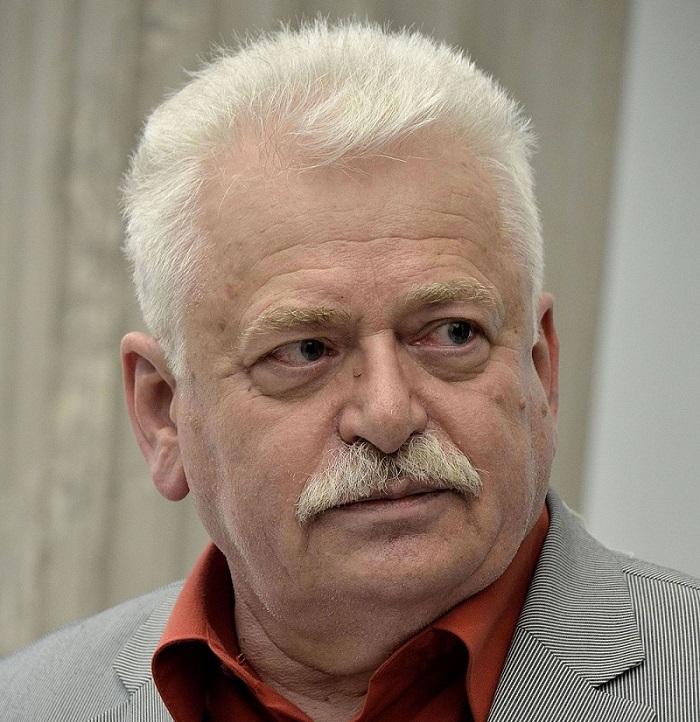
President Joe Biden confirmed security guarantees for Poland. What impact does this have on our current international situation?
Prof. Romuald Szeremietiew: What is most important, and what has appeared once again in what the United States says, is the guarantee that Ukraine will not be Russian, that there will be no Russian victory. I would say that this is the most important thing confirmed in the US President’s speech, because Ukraine is now the place where the fate of the plan that President Putin has set up for himself, namely changing the international order, is being decided. If Russia managed to defeat Ukraine, then the international order, in which the United States plays a key role, would be in a not very favorable position.
The American leader also said that NATO cannot be divided and will not get tired of the conflict in Ukraine.
Yes, of course it’s also important – first of all, that it can’t get tired, because the fact that it won’t get divided is a bit of a ritual assurance in my opinion. If it can be divided, it will no longer be NATO, so there is nothing to talk about. But we must strengthen ourselves in the conviction that we are strong, cohesive and ready. I understand that, but this declaration is rather for the internal use of NATO or the West. However, what is important – at least for me – is whether the international order established after the collapse of the Soviet Union can be maintained or not. This is somewhat comparable to the events in 1939, when Russia and Germany destroyed the Versailles order, in which Poland had a guaranteed place, and then there were no forces that would be able to stop these aggressors, destroyers of this order, and Poland was too weak to could play that role. So today it is so much different and better that the United States, the guarantor of the order that has been created, declares very clearly that it wants and is able to maintain it.
Can President Joe Biden’s visit to Poland – the second in less than a year – be interpreted as an announcement of a change in the security architecture in this part of Europe?
The United States, in relation to this order in which it plays a key role, found itself in a difficult position, as a certain inability to make protective moves in many directions became apparent. Because we have not only Europe, but also the Middle and Far East, Chinese aspirations, and all this is detrimental to the position of the USA. Once, during the Cold War, the United States, as various experts say, had the ability to wage two large conflicts simultaneously plus one smaller one – 2.5. They don’t have that ability today. In order to maintain order, in which the US, as I mentioned, plays a key role, there may be a shortage of forces in those directions where threats appear. We see these speculations all the time when the Russian aggression against Ukraine started, how China will behave and what will happen if China wants to move on Taiwan, for example. What is the conclusion? Well, on the one hand, President Trump announced that the US would rebuild its capabilities for two wars, but I don’t think it will happen. The second element in all this is the United States’ search for and building strong footholds in the world. South Korea and Japan seem to be such a strong support for America in the East, and when it comes to Europe – Poland appears and the so-called the eastern flank, that is the Bucharest Nine, with whom the US President will meet today. This, of course, means that Poland faces not only a task, but also a great opportunity to build a strong position in the eastern part of Europe. I think we’re trying to take advantage of this opportunity.
This seems to be good news for the Three Seas Initiative – Americans need such a strong economic and political space in this part of Europe.
Absolutely yes. Anyway, it can be noticed that the United States, regardless of who the president is, is involved in such solutions, in which Poland plays a really important and fundamental role, which, moreover, makes the German-French leadership in Europe noticeably faded.
Interview by Anna Wiejak
